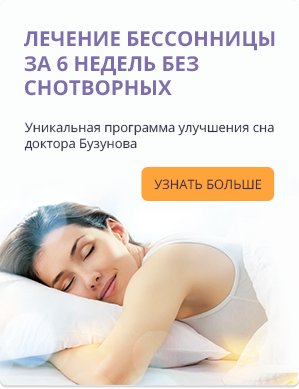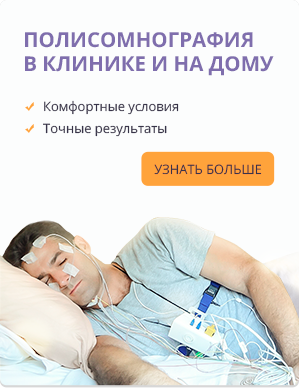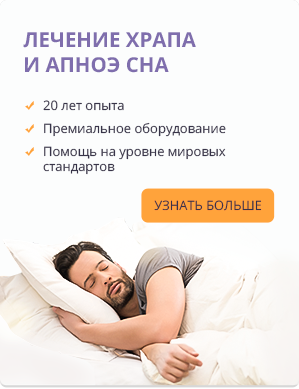Центр по контролю и профилактике заболеваний США определяет недостаток сна как «эпидемию общественного здравоохранения»
Новое исследование, опубликованное в журнале Sleep, продемонстрирова
Оказалось, что возраст людей, уровень их стресса, раса, образование, доход и даже факт курения не оказывают на вероятность простудных заболеваний такого влияния как недостаток сна.
Для исследования были отобраны 164 участника с разной продолжительност
На участников проводилось воздействие вирусом путем применения назальных капель с содержанием живой вирусной культуры. В течение недели после такого воздействия за пациентами наблюдали, ежедневно оценивали полученные от них образцы слизи из верхних дыхательных путей.
Команда исследователей нашла, что люди, которые ночью спят по 6 часов или менее, имеют в 4,2 раза больший риск простудиться, нежели лица, продолжительност
________________
Текст на английском: http://www.medic
Lack of sleep could increase common cold risk
The team reports that people who only get 6 hours sleep a night or less are four times more likely to catch a cold after exposure to the virus than people that get 7 or more hours sleep a night.
«Short sleep was more important than any other factor in predicting subjects’ likelihood of catching cold,» says lead author Aric Prather, assistant professor of Psychiatry at the University of California-San Francisco (UCSF).
«It didn’t matter how old people were, their stress levels, their race, education or income. It didn’t matter if they were a smoker. With all those things taken into account, statistically sleep still carried the day.»
The Centers for Disease Control and Prevention (CDC) have previously referred to insufficient sleep as a «public health epidemic,» linking it with motor vehicle crashes, industrial disasters and occupational errors.
In the past, Medical News Today have reported on studies finding that poor sleep may be linked to poor metabolic health and could raise the risk of heart attack and stroke.
Unfortunately, insufficient sleep is prevalent in the US. According to the National Sleep Foundation, 1 in 5 Americans obtain less than 6 hours sleep on an average work night.
While Dr. Prather had previously found that people who get insufficient sleep are less protected from illness after vaccination than people who get adequate sleep, the aim of his team’s new study was to learn how sleep affects how the body responds to real infection.
A total of 164 participants were recruited and given the common cold virus via nasal drops so that the researchers could analyze how various factors affected the body’s capacity to fight the virus off. The participants were monitored for a week and had mucus samples taken each day so the progress of the virus could be assessed.
Prior to being given the virus, each participant underwent 2 months of health screening. Their normal sleep habits were also recorded during the week leading up to the administering of the virus, using a watch-like sensor that was worn overnight.
The researchers found that the participants who had slept less than 6 hours a night during the preceding week were 4.2 times more likely to catch a cold than participants who managed to get 7 hours or more a night. Participants who slept less than 5 hours were 4.5 times more likely.


